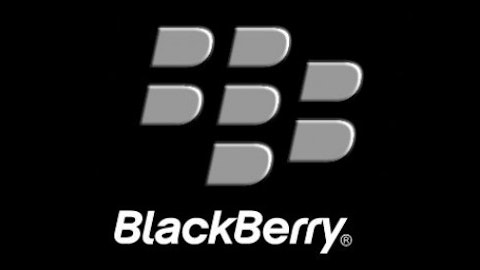For a while there, Microsoft Corporation (NASDAQ:MSFT) was putting up respectable growth in content availability in its Windows Phone platform. Tech giants like to wield app counts as selling points for their respective operating systems, coaxing users in with the promise of useful apps.
By December 2011, the software giant was up to 50,000 apps, which promptly doubled over the next six months to 100,000. That total would proceed to climb to 120,000 by October 2012.

Now, seven months since the last count, Microsoft Corporation (NASDAQ:MSFT) has inched higher to 145,000 total apps in its repository. That’s marked deceleration even as Microsoft has been aggressively trying to win over developers.
The company disclosed that tidbit alongside a blog post announcing Nokia Corporation (ADR) (NYSE:NOK)‘s new Lumia 928 that launches on Verizon Communications Inc. (NYSE:VZ) Wireless this week. The three-way partnership is a win/win/win for everyone involved. Microsoft Corporation (NASDAQ:MSFT) and Nokia Corporation (ADR) (NYSE:NOK) both get increased exposure to the largest mobile subscriber base in the U.S., while Verizon Communications Inc. (NYSE:VZ) is not so secretly rooting for underdog platforms like Windows Phone in the hopes that competition will reduce subsidy expenses.
Both Apple Inc. (NASDAQ:AAPL) and Google Inc (NASDAQ:GOOG) now boast roughly 800,000 apps each in their respective App Store and Google Play storefronts. It’s entirely true that a lot of those apps offer duplicate functionality (flashlight apps) or are low quality (fart apps), but it’s also true that many of those offerings can’t be found on other platforms because indie-developers and start-ups always target the bigger platforms first.
The high-profile names like Angry Birds or Netflix, Inc. (NASDAQ:NFLX)Â will be mostly given as table stakes. That’s not the point. What’s important is that the real third-party app innovations that drive platforms forward will always start on iOS and/or Android. The next Summly, Sparrow, Mailbox, or Temple Run won’t start off on Windows Phone. Indeed, Temple Run was just released for Windows Phone 8 in March; the popular title made by a small husband-and-wife developer team initially launched only on iOS and then expanded to Android shortly thereafter.
Innovative start-ups will go for iOS and Android first, and only expand to other platforms if they’re not acquired first. That’s the real reason why app counts still matter in the admitted presence of so much junk. It’s no longer just about getting the big names on board, even though that’s also necessary. It’s about appealing to the little guys.
The article Microsoft’s Windows Phone Hits a Wall originally appeared on Fool.com and is written by Evan Niu, CFA.
Fool contributor Evan Niu, CFA, owns shares of Apple Inc. (NASDAQ:AAPL) and Verizon Communications (NYSE:VZ). The Motley Fool recommends Apple, Google Inc (NASDAQ:GOOG), and Netflix, Inc. (NASDAQ:NFLX). The Motley Fool owns shares of Apple, Google, Microsoft, and Netflix.
Copyright © 1995 – 2013 The Motley Fool, LLC. All rights reserved. The Motley Fool has a disclosure policy.



